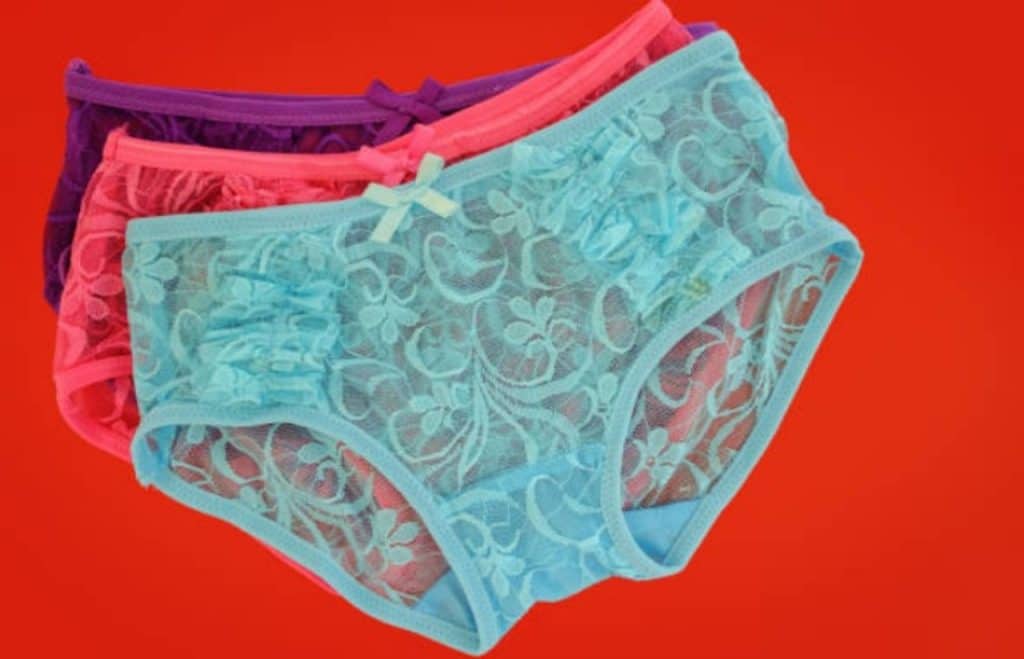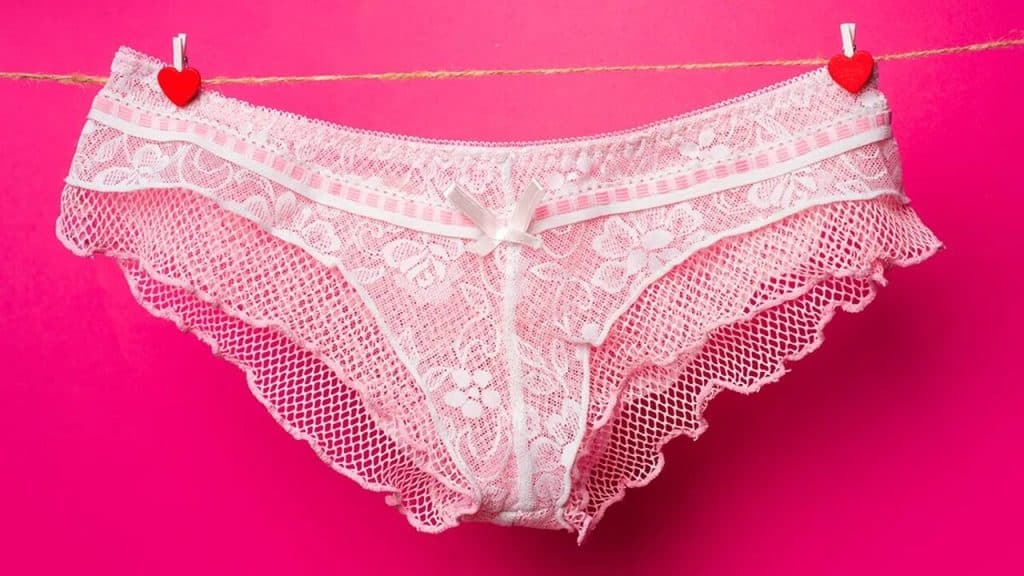
Today, we’re diving into an interesting question: what’s the purpose of the little bow on the front of women’s underwear? While it might seem like just a decorative touch, there’s actually a practical reason behind it.
Have you ever found yourself in a rush, trying to get dressed in the dark? You’re not alone! A recent discussion on Reddit shed some light on this seemingly minor detail, revealing that the bow serves more than just an aesthetic purpose. It’s actually a clever solution to a common problem.
Picture this: it’s early in the morning, the room is still dark, and you’re struggling to put on your underwear. With the lack of light, it can be tough to tell the front from the back. But that’s where the bow comes in handy! This cute little detail acts as a tactile guide, helping you quickly identify the front of your underwear, making those hurried, pre-dawn dressing moments a bit easier.

But how did this tradition start? Before the invention of elastic bands, people had to get creative to keep their underwear in place. They used ribbons threaded through eyelet lace at the top of their garments to prevent them from slipping. And where was this ribbon tied? Right at the front! It was the most convenient spot for securing the ribbon, especially in low light.
In those days, many people had to get up before sunrise without the benefit of electric lights. Dressing in the dark or by candlelight was a challenge, and trying to tie a ribbon behind your back in such conditions wasn’t easy. Tying it in the front where they could see and reach better just made sense.

Today, we rely on elastic bands to keep our underwear in place, but the bow remains. It’s a small nod to a time when getting dressed was a bit more complicated and practicality was key.
So, the next time you slip on your underwear and see that little bow, take a moment to appreciate the clever design. It’s a reminder of how a simple, functional detail can carry a rich history. The bow on women’s underwear is more than just a stylish accent; it’s a practical innovation passed down through generations.





Leave a Reply